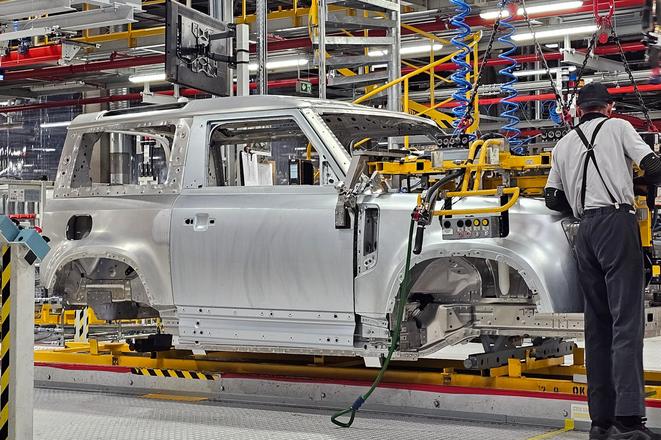Following its recovery from the disruptions of the Covid-19 pandemic period, the automotive industry in Slovakia has been experiencing more or less stable conditions throughout 2023. The sector is gradually gearing up for a shift to electrification, but is still waiting for final confirmation of the forthcoming Euro 7 vehicle emission standards. Carmakers will have to modify their current models to comply with this new norm, which will result in additional costs.
“Already the production results for the first three quarters of 2023 indicate that car manufacturers operating in Slovakia are stable, and interest in their production is not decreasing,” Viktor Marušák, secretary-general of the Automotive Industry Association of the Slovak Republic (ZAP), told The Slovak Spectator. “The factors affecting them are the same for Slovakia and the rest of Europe. Thus, it’s mainly about the availability of inputs for production.”
Volkswagen Slovakia, the longest-established and largest car plant in Slovakia, confirms this.
Investment Advisory Guide
Well-arranged information about the economy, labour market, investor support, legislation, and real estate as well as investment opportunities in Slovakia. For more details visit our online shop.
“The situation in the supply of components has significantly stabilised this year compared to last year,” VW spokesperson Lucia Kovarovič Makayová told The Slovak Spectator. She added that while supply-chain bottlenecks still persist in some areas, these have not forced any production halts in recent months.
On the other hand, Kia Motors noted that while car sales in the EU are growing year-on-year, they are still below 2019 levels.



 Production in JLR plant in Nitra (source: Jana Liptáková)
Production in JLR plant in Nitra (source: Jana Liptáková)